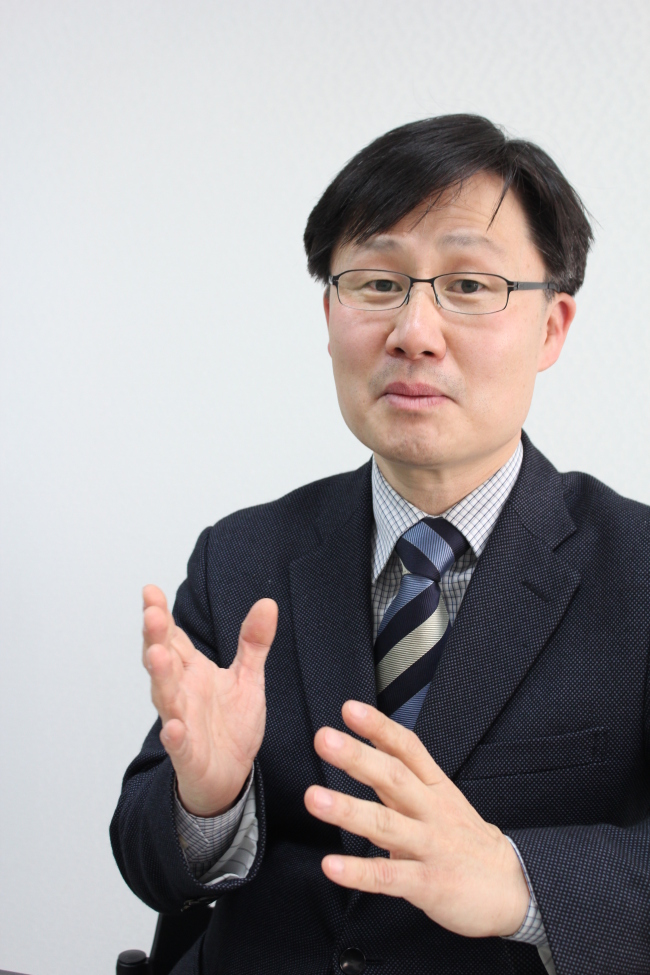Korea should encourage the growing number of multiethnic children not only to speak Korean fluently, but also to learn their native languages to help them adapt here, a head of school for multicultural students said.
Foreign spouses, especially from developing Asian countries, are reluctant to teach children their native languages, worrying that it may do more harm than good in growing up here, according to Hong Jong-myung, the director of Seoul On Dream Multicultural Education Center, the city’s first preparatory school for multicultural families.
“Our study shows that, in fact, children who are able to speak their mother’s language tend to excel at school and be closer with their parents,” Hong told The Korea Herald.
 |
Hong Jong-myung |
Hong, who also teaches Korean linguistics as a second language at Hankuk University of Foreign Studies, is one of the leading activists of promoting bilingual education for multiethnic children.
Hong noted that those children born in Korea into mixed-race families have little or no problem in learning Korean.
“But if their mother is unable to speak Korean, it creates a language barrier,” he added. “That seriously affects the child’s education.”
One of the biggest misconceptions about multiethnic children, he said, is that they will learn the foreign language from mothers.
But most foreign spouses, especially from South Asian countries, admitted that their husbands dislike it when they speak with their children in their native language, which prevents the children from learning it.
So Hong first started multilingual classes in 2009 while teaching at the Center for Korean Language and Culture at HUFS.
He invited 40 children who have mothers from the Philippines and Vietnam, and taught their mother’s languages once a week by the HUFS staff.
Now his bilingual program has expanded to other schools, including Seoul National University of Education and Gyeongin National University of Education. And the programs are now also available to foreign housewives who will work as bilingual teachers at schools.
“We should strive to teach more multicultural students to become bilingual,” he said, noting that like U.S. Ambassador to Korea Sung Kim, who was born in Seoul and grew up in the U.S., the children “have great potential to become a global leader.”
“Like Kim, the children can become Korean ambassadors to China or Vietnam,” he added.
By Oh Kyu-wook (
596story@heraldcorp.com)








